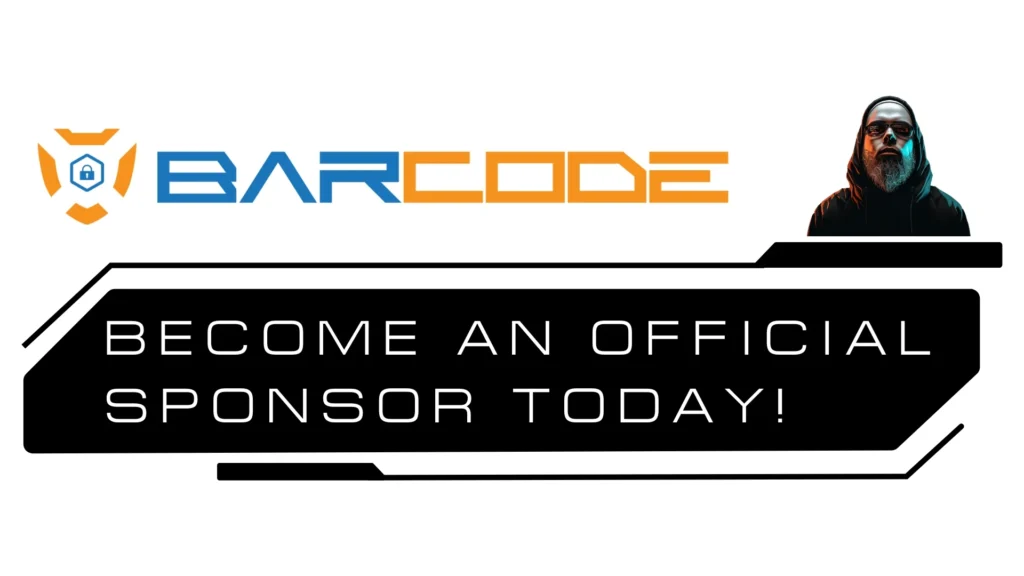In this milestone episode, Chris reconnects with old friends at the bar, reflecting on his journey from starting a humble podcast to launching a thriving security firm. The episode sets the stage for the live event in Vegas, where Chris is joined by an impressive lineup of experts, including George Gerchow, Justin Hutchins, Len Neo, Chris Wright, Matthew Canhum, and Izzy Traub. The panel dives into a series of thought-provoking discussions centered around AI’s far-reaching implications. From …






